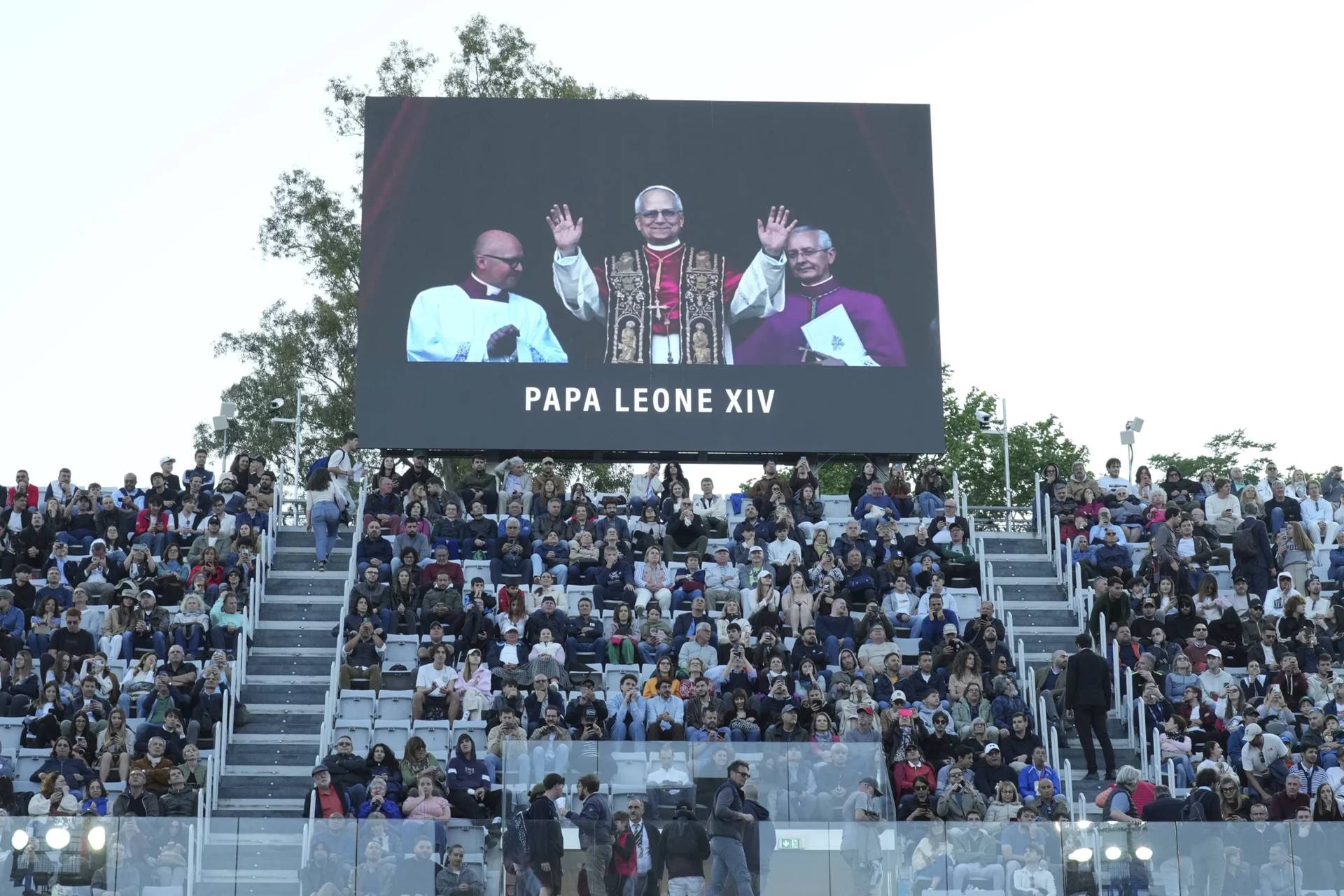LUDINGTON, Michigan — Officials in western Michigan will hold a meeting this month to get public feedback on calls for the removal of a large cross that’s stood along Lake Michigan for decades.
The Michigan Association of Civil Rights and the Wisconsin-based Freedom From Religion Foundation say the Father Marquette cross, which is maintained with public funding, is unconstitutional.
The Ludington Daily News reports the Pere Marquette Township Board will hold the special meeting Jan. 23 in Ludington.
The two groups say the First Amendment’s Establishment Clause prohibits Pere Marquette Township from displaying and maintaining such religious symbols. Others contend the legal issues aren’t that clear cut.
The township wrote a letter stating they needed a larger venue to hold the meeting to discuss the issue.
“The Township Board of Trustees understands there is much public concern and is committed to provide an opportunity for the community’s voices to be heard. We are currently looking for a facility that can accommodate a much larger crowd where we will hold a public meeting designated specifically to the Father Marquette Memorial,” the letter said.
“We have received numerous phone calls, most of them commenting (that) they want that memorial, they want it the way it is and where it is,” Township Supervisor Paul Keson told the Ludington Daily News . “They don’t want to see it torn down.”
Jesuit Father Jacques Marquette was among the first Europeans to explore the area in the 1600s. The cross was built in 1955 on the spot where he supposedly died at the age of 37.
The marker at the site reads: “Father Jacques Marquette, the great Jesuit missionary and explorer, died and was buried by two French companions somewhere along the Lake Michigan shore on May 18, 1675. He had been returning to his mission at St. Ignace which he had left in 1673 to go exploring in the Mississippi country. The exact location of his death has long been a subject of controversy. A spot close to the southeast slope of this hill, near the ancient outlet of the Pere Marquette River, corresponds with the death site as located by early French accounts and maps and a constant tradition of the past. Marquette’s remains were reburied at St. Ignace in 1677.”
Several towns in the Midwest are named for the Jesuit, as well as a river, island, and state park. A statue of Marquette stands in the U.S. Capitol’s statuary hall, a gift from the state of Wisconsin.
In a similar case, a federal appeals court on Oct. 18 ruled a 92-year-old 40-foot-tall cross memorializing soldiers who died in World War I that sits at a busy intersection in the Washington suburb of Bladensburg, Maryland, was unconstitutional.
Crux staff contributed to this report.















